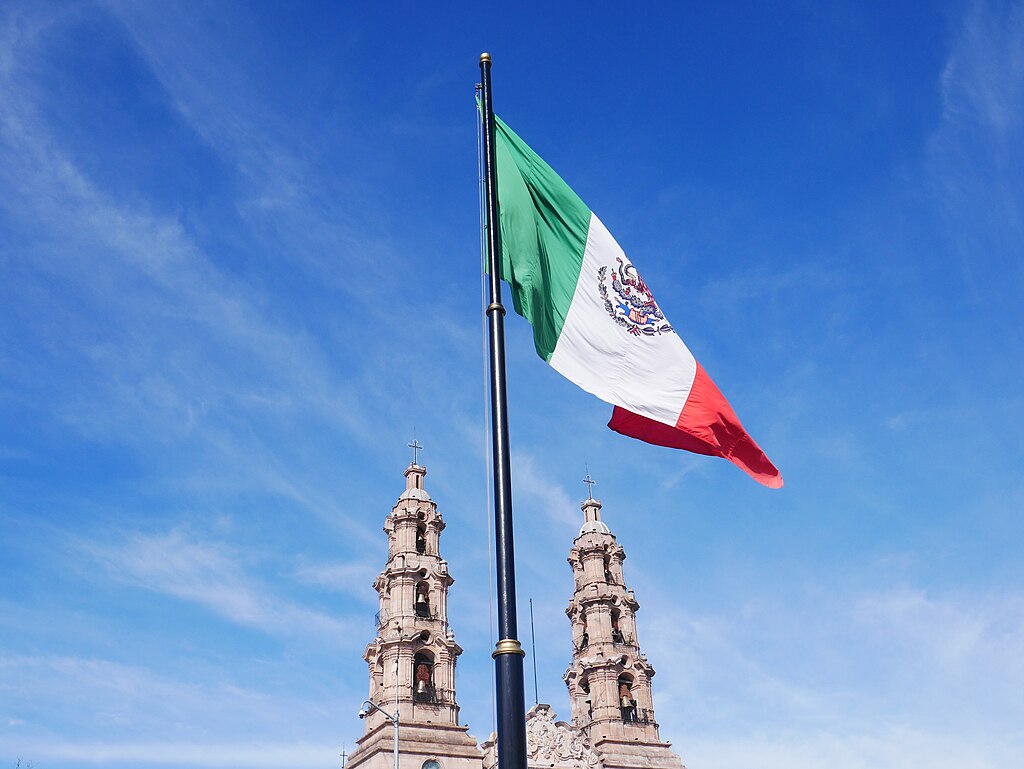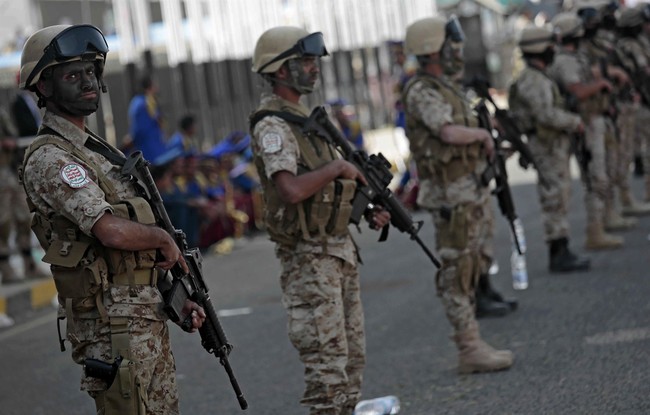Bangladesh Faces Political Upheaval as PM Resigns Amid Protests
The resignation of Prime Minister Sheikh Hasina amidst violent protests has sparked turmoil in Bangladesh, prompting discussions for an interim government.
Published August 06, 2024 - 00:08am
Image recovered from assawsana.com
In a dramatic turn of events, Prime Minister Sheikh Hasina of Bangladesh has resigned and fled to India following massive protests and violent clashes that have shaken the nation. Video footage circulating on social media showed Hasina boarding a military helicopter as demonstrators stormed the government headquarters in Dhaka.
The unrest in Bangladesh has intensified over the past few days as student-led protests against government discrimination and corruption escalated. The students, backed by various political factions and civil society groups, defied a nationwide curfew to march towards the capital demanding Hasina's resignation.
The protests erupted after long-standing grievances over job quotas and government policies reached a boiling point. What began as a series of localized demonstrations quickly spiraled into widespread unrest, resulting in the deaths of over 300 people in clashes with security forces. Reports indicate that rubber bullets, tear gas, and sound grenades were deployed by law enforcement to disperse the crowds, leading to numerous casualties.
In light of the escalating violence, General Waqar Zaman, the head of the Bangladeshi military, addressed the nation, urging calm and promising that talks were underway to form a temporary government. Zaman emphasized the role of the military in ensuring stability and pleaded with the students to return to their homes.
According to local media, representatives from major political parties have been involved in discussions with the military to chart the way forward. Zaman assured the public that investigations would be conducted into the violence that has marred recent protests.
Sheikh Hasina's rapid departure to the Indian state of West Bengal has left a political vacuum in Dhaka. Sources close to the former prime minister revealed that she was accompanied by her younger sister, Sheikh Rehana. The government's imposition of an indefinite curfew and a three-day public holiday, along with shutting down educational institutions and communication networks, reflects the severity of the crisis.
Despite the government's measures to curb the unrest, the protests continued unabated. Hundreds of thousands of demonstrators took to the streets across Bangladesh, demanding not only Hasina's ouster but also justice for those killed during the protests. The situation reached a critical point over the weekend, with Sunday alone witnessing around 100 deaths as clashes erupted between protesters and government supporters.
Activists have accused Hasina's administration of heavy-handed tactics and called for her to be held accountable for the bloodshed. The students' movement, initially focused on employment quotas favoring relatives of 1971 independence fighters, has garnered wider support due to its broader criticism of government corruption and mismanagement.
The army's intervention indicates the depth of the crisis. General Zaman's announcement of plans to meet with President Mohammad Shahabuddin to discuss the formation of an interim government is seen as a significant step towards addressing the political deadlock. It remains to be seen how the situation will evolve, but the immediate priority is restoring order and preventing further violence.
As the world watches, Bangladesh grapples with one of its most severe crises in decades. The outcome of these events will likely shape the nation's political landscape and have far-reaching implications for its democratic processes. The international community has called for restraint and a peaceful resolution, highlighting the importance of dialogue and stability in the South Asian region.








